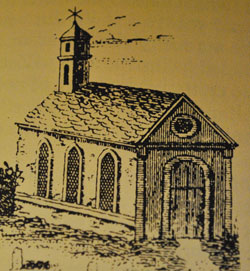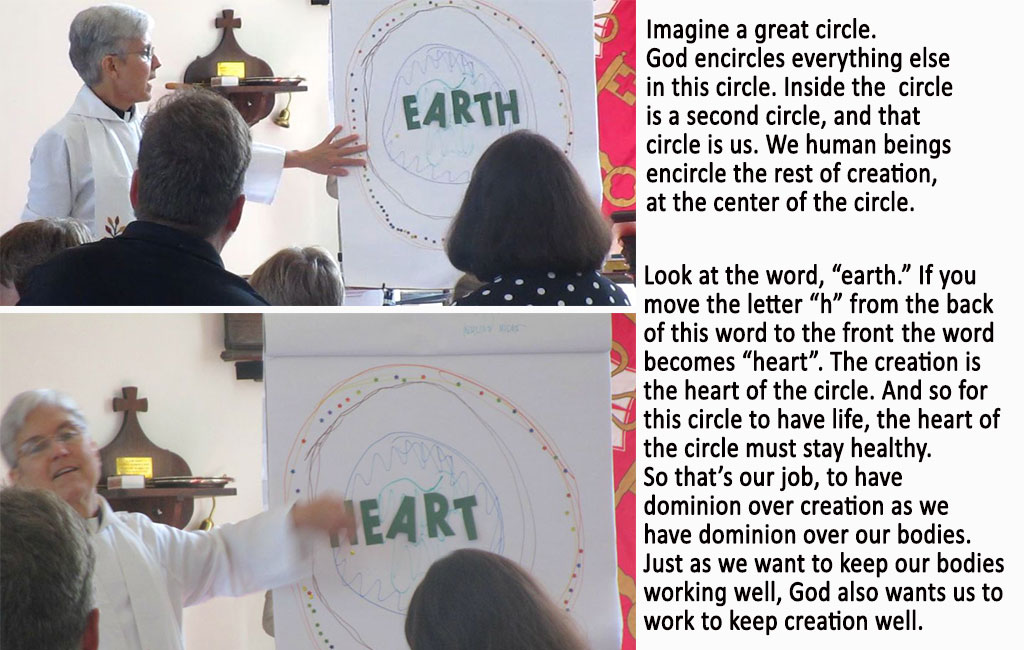Where have we been during last month? The bread of life concept from John 6 has consumed the Gospel in August, 2024 and we reach the conclusion this week:
Aug 4 – John 6:24-35
Aug 11 – John 6:35, 41-51
Aug 18 – John 6:51-58
Aug 25 – John 6:56-69
John 6:1-21 back on July 28, the “Feeding of the 5,000” is the preview since it sets up the discussion from what follows.
Jesus tries to explain to the people that the bread he has to give them isn’t just bread like the bread that he gave them when they were hungry, and that he himself isn’t just Jesus the carpenter’s son. Jesus is the bread of life itself. Jesus came not to give bread but to be bread.
Jesus said to this crowd, “I am the bread of life.” Overall, the passage returns to the terms of 6:35-50 (Jesus as the word/bread of revelation) rather than continuing the specifically eucharistic theme of 6:51-59. The issue is believing in Jesus, not specifically eating his flesh. “But among you there are some who do not believe.” As in the Exodus story, the issue is not simply the grumbling of the people but the lack of trust in God that it represents:
That is, the bread that Jesus gives for the life of the world is himself—not just a bit of himself here and a bit of himself there, carefully rationed out, but all of himself, extravagantly and with abandon, with such abandon that he ends up on a cross by offering the generous gift of himself.
This generous offering of ourselves is what Jesus hopes that we too will bring to the world. That’s why he tells the disciples later to abide in him, as Jesus himself abides in God, for God is the source of Jesus’ ongoing and profligate offering of himself, the offering that brings life, the offering that ultimately brings life even out of death. When we abide in Jesus, God becomes the source of our generous giving as well.
Bread itself is made of many pieces of flour interconnected with each other. We too, can be more than just ordinary people living ordinary lives. Jesus calls on each one of us, as his disciples, to be heavenly bread to be to give ourselves, with abandon and with love, for the life of this world.
Being bread for the world is obligation of service to others and their causes. Each of us have unique gifts to give to make others lives more beneficial, more productive for the sake of each other and the world. As Genesis writes “And you, be fruitful and multiply.”
Jesus went on to say to them that everyone who has heard and learned from God comes to him, and that he, Jesus, is the way to eternal life.
The disciples know this but they don’t know what to do with it or how to help others understand. Jesus’ way of life is not about earthly success or securing a place in a heavenly kingdom, but rather giving up all personal glory for the glory of God, for the way of Christ, to love one another and lay down one’s life for one’s friends. Many of Jesus’ disciples turned away, and we know that others, even though they remained with Jesus, still did not accept this teaching. They wanted earthly fame, an earthly king and rewards.
Because of this many of his disciples turned back and no longer went about with him. So Jesus asked the twelve, “Do you also wish to go away?” Simon Peter answered him, “Lord, to whom can we go? You have the words of eternal life. We have come to believe and know that you are the Holy One of God.”







